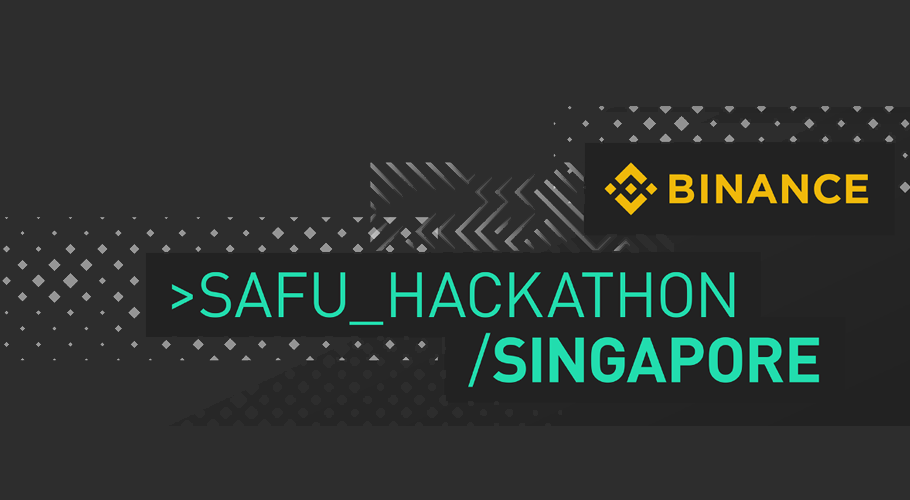Binance, a leading cryptocurrency exchange, will hold the first Binance SAFU Hackathon in Singapore on 19 and 20 January, 2019. The 32-hour round-the-clock hackathon will empower blockchain engineers to rapidly prototype blockchain solutions to solve problems identified in systems we have in place today.
With the theme ‘Query Platform for Address Security: Is the transaction address you are sending your crypto to SAFU?’, the Binance SAFU Hackathon encourages long-term, sustainable growth of the blockchain industry, calling for top developers from around the world to build a safer community where users are protected from scams, hackers, and money laundering.
To find the best global talent to compete in the Binance SAFU Hackathon, Binance has partnered with different groups to hold pre-hackathons in San Francisco, Seoul, Singapore, and Hong Kong, from December to January. The first pre-hackathon was held in San Francisco on 11 December, 2018. To qualify for the final Binance SAFU Hackathon in Singapore, developers who missed the SF event still have a chance to join one of the remaining three pre-hackathons.
A panel of judges will select the hackathon champions based on the quality of technology, innovation, demo, and pitch.
Winners will split a prize pool of US$100,000 in BNB, have a chance to meet senior leadership from Binance, and potential access to incubation programs run by Binance Labs, the investment arm of Binance, and Tribe Accelerator, a Singapore government-backed blockchain accelerator.
Binance SAFU Hackathon welcomes any developers age 18 or older who are passionate about building a safer digital asset world for the future. Attendees can apply on the event website as individuals or with a team of no more than five. Registration for the hackathon is open until 9 January, 2019.
The Binance SAFU Hackathon is part of the inaugural Binance Blockchain Week from 19 to 22 January, alongside the Binance Conference that brings together over 2,000 industry leaders across Blockchain, traditional enterprises, and governments.






















